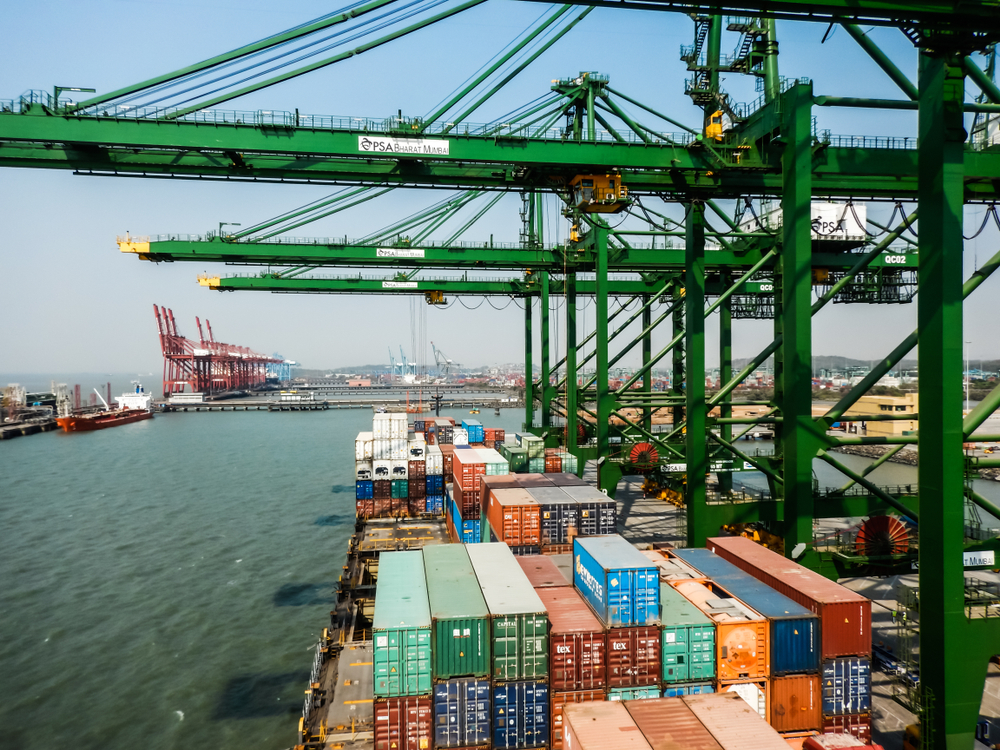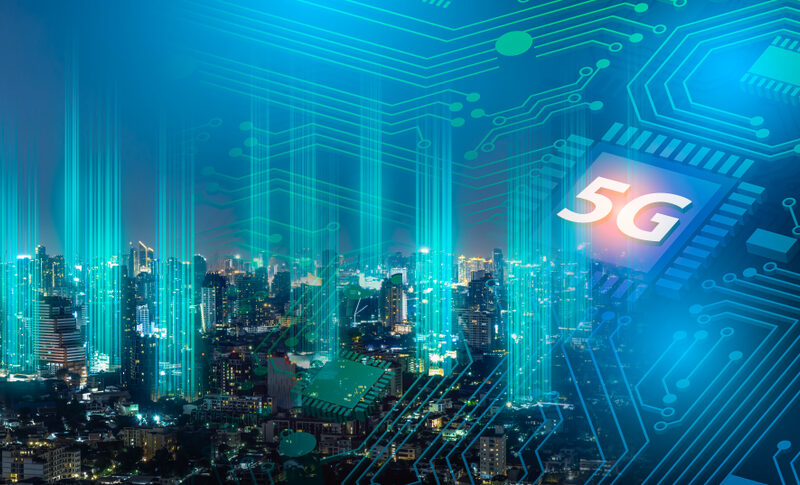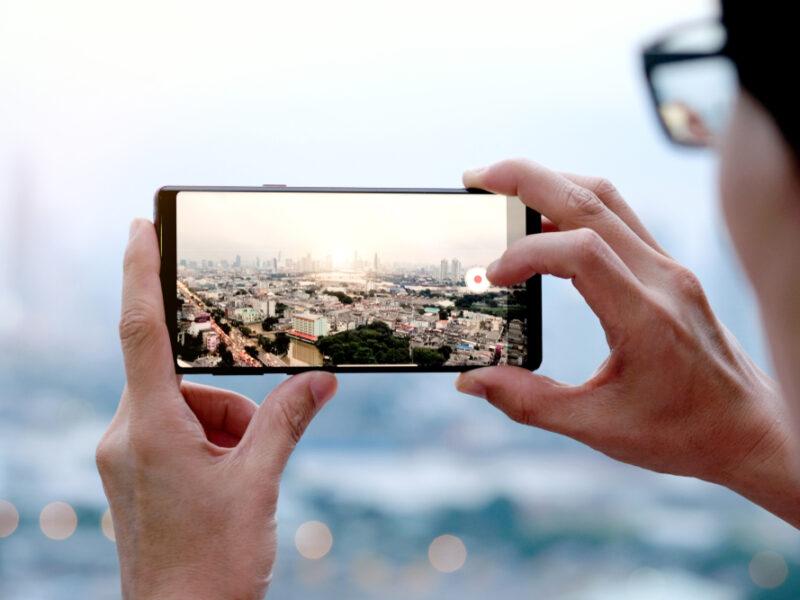Last month, India’s stringent management of electronic items quality clearances from China slowed down the import of the latest iPhone model from Apple and put other items manufactured by firms like Xiaomi on hold, said two sources from the sector.
The BIS (the Bureau of Indian Standards), a quality control agency mainly processed applications in 15 days; however, today, some are taking a couple of months or more.
In August, BIS began putting approvals for China-manufactured imports on hold, for devices like laptops, smartwatches, and smartphones. It is partly due to the conflict arising from worsening relations with China following a fight at the border in June where 20 Indian soldiers lost their lives.
India has set out strict rules for China investments after the fight and prohibited a significant number of Chinese mobile apps such as from tech giants Alibaba, ByteDance, and Tencent. On Tuesday, 24 November it prohibited an additional 43 apps.
The delays affected Apple’s latest iPhone 12, and the Apple executives from India urged the BIS to hasten its approval, promising that the firm would go on growing its Indian assembly operations, stated the two sources.
The length of the delay for the iPhone 12 application was uncertain, and Apple declined to comment. In India, the firm has assembly operations; however, they import the latest models and the iPhone 12 from China. Here, contract manufacturers create most of Apple’s devices.
From Wednesday, 1,080 BIS applications for tablets, laptops, and different devices were on hold, and 669 of them had been pending for more than 20 days, showed the agency’s website. Examples of these were device applications from factories based in China like Hangzhou Hikvision, Compal, and Wistron, the information revealed. Since September, several applications have not been approved.
Demands for boycotts
For months, Hindu nationalist groups and Indian traders have demanded that Chinese imported products should be boycotted due to the border fight. Meanwhile, Prime Minister Narendra Modi still encourages self-dependence and local production.
‘The BIS is postponing approvals for items such as smartwatches, but the Ministry of Electronics and Information Technology is encouraging firms to manufacture these devices in India,’ stated a source.
The BIS registration scheme stipulates that specific electronic items, whether locally made or imported, should adhere to some standards. BIS endorses the applications after firms’ products are examined in a certified laboratory.
Compal and Wistron failed to respond to calls for comment, and so did Hikvision. Pramod Kumar Toward, the BIS Director-General and the tech ministry in India turned down requests for comment. The delays in clearance are the newest hurdle for technology firms whose chains of supply were affected by the COVID-19 restrictions. It made some manufacturers of smartphones turn to imports, even Indian-made models.
The holdups also happened during the festive season in India when clients make a significant ticket purchase of all items such as vehicles, gold, and phones. The delays from BIS have affected smartwatch imports also, for firms like Opposite and Xiaomi, stated the two sources. Oppo and Xiaomi did not respond when asked to comment.
In July, the trade ministry in India also banned inbound TV shipments. It was a requirement for importers to obtain a special license and one source said that the action is still making companies like Samsung Electronics and Xiaomi suffer.
Xiaomi was unable to obtain the special license for importing about 30,000 TV units. Samsung has experienced the same import difficulties, said the source. Attempts to get a response from Samsung were futile.
image Ungureanu Catalina Oana / Shutterstock.com



